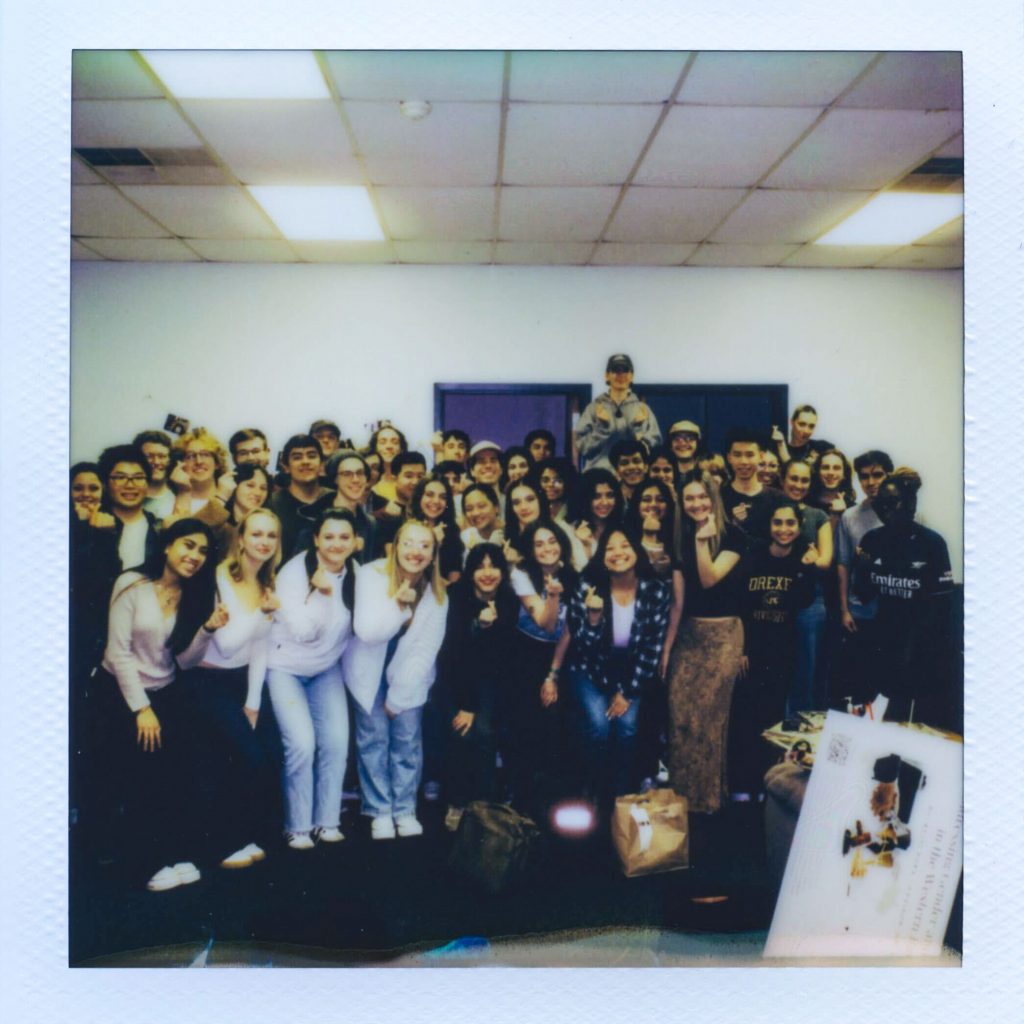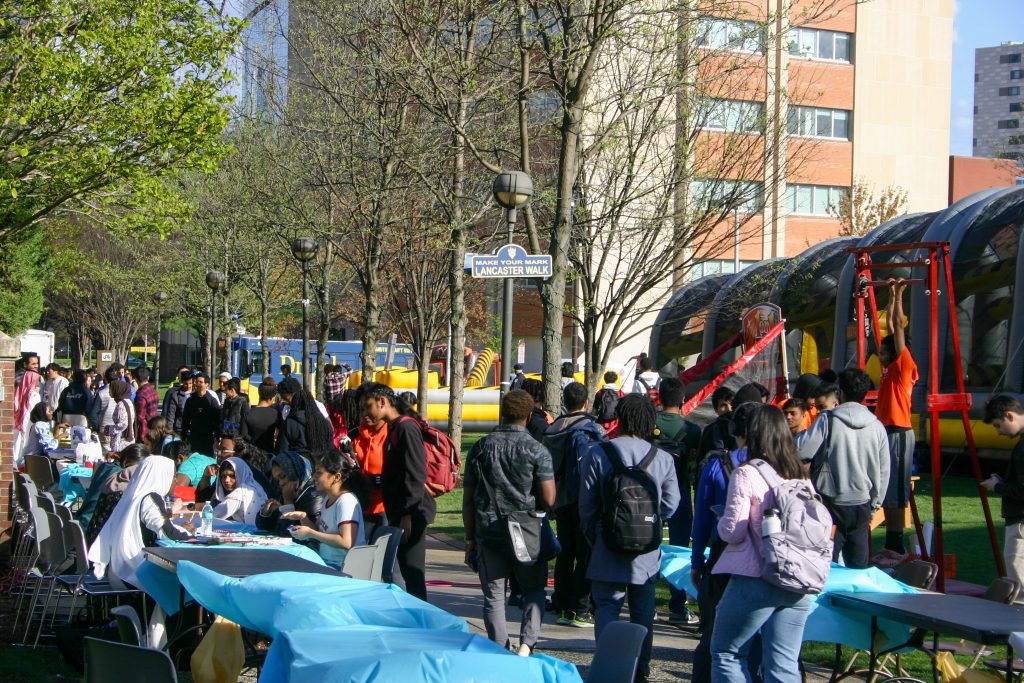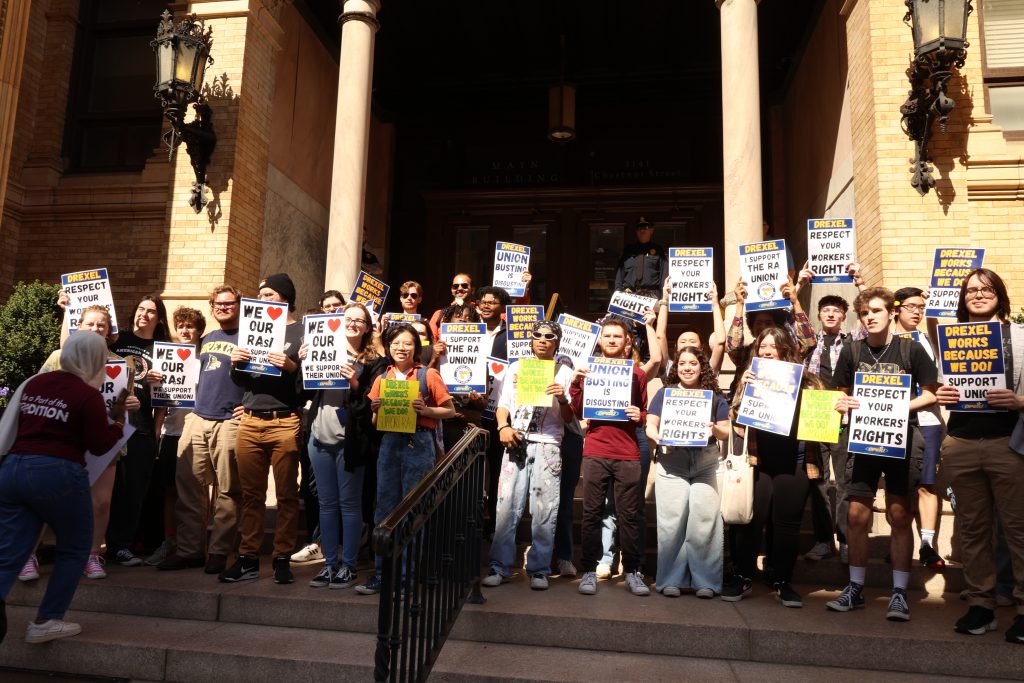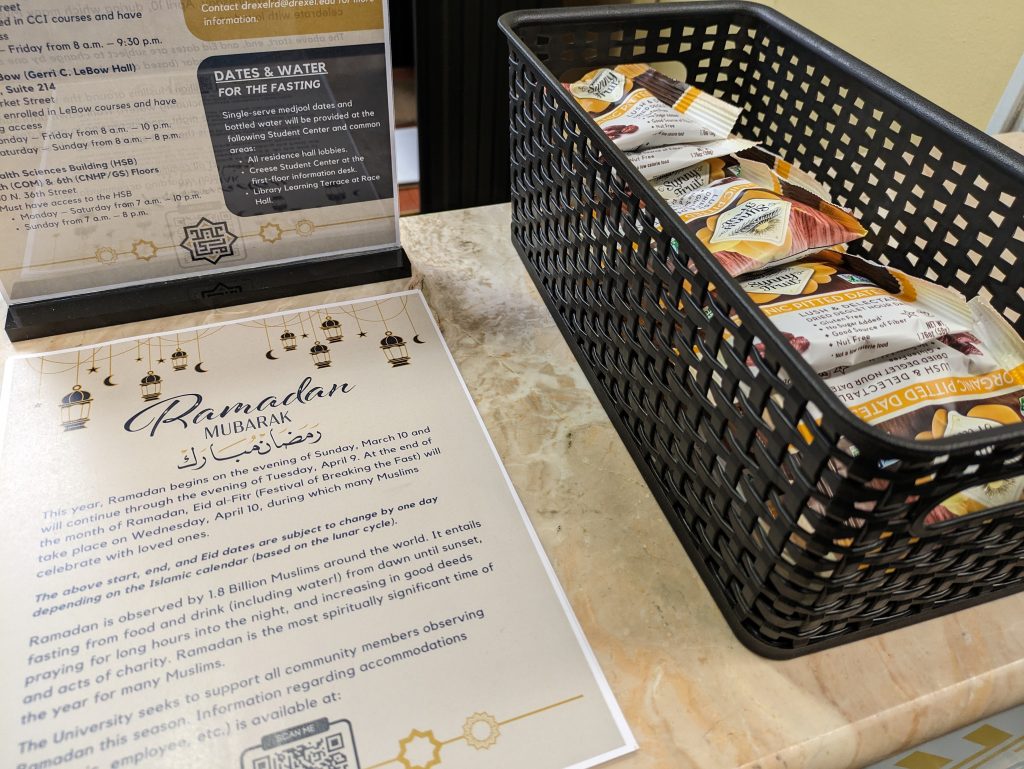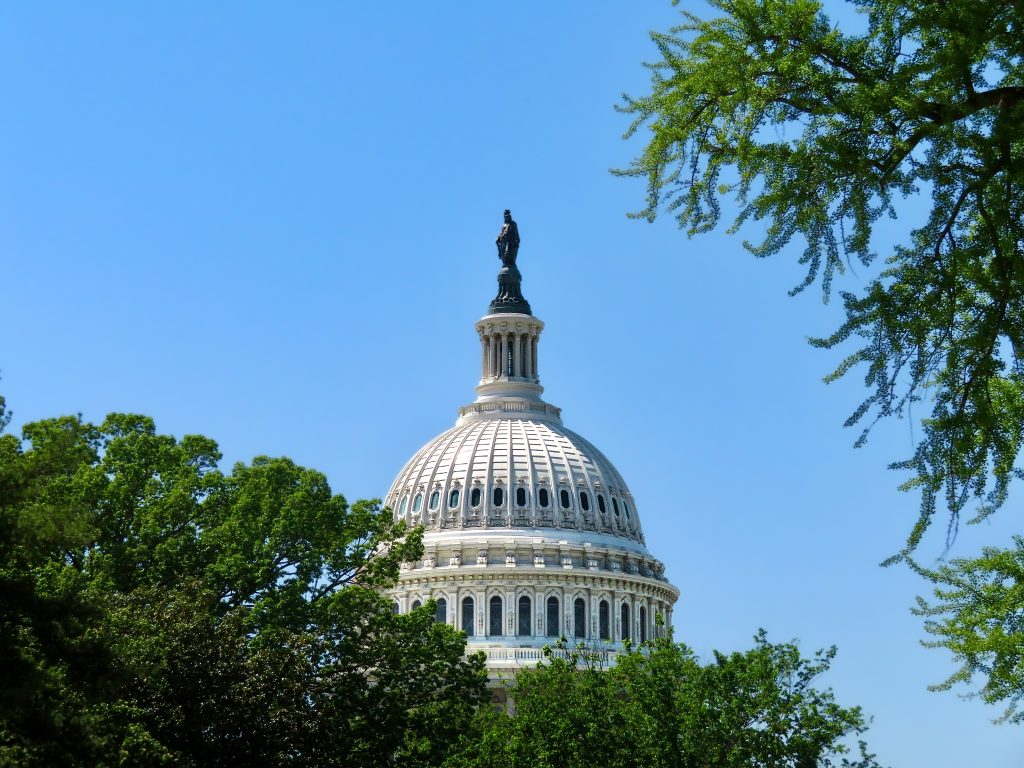Chan Chung

Pro-Palestine protesters across the country, including at Drexel, have been calling for their universities to divest from companies that are linked to Israel. Out of all the positions the Palestine movement could have taken, I still struggle to understand why this is the hill they chose to die on. In Civic Engagement 101, I learned that there are two ways to address systemic issues: fix the root cause or provide relief to those who are currently suffering. The protesters’ efforts do neither.
Divestment creates no net change. The process of divestment means that a university’s endowment must place a sell order for its stocks in particular companies. In order for the endowment to rid itself of stocks, someone else must buy. The harms of owning the stocks have not disappeared; they have merely shifted from one institution to another.
I am also confused at what harms there are in owning certain stocks. It is not like shareholders pay the companies they own stocks in; it is the other way around. Companies pay dividends to their shareholders. This should give the company less capital to operate in Israel, so more dividend payouts should be a good thing.
To no one’s surprise, previous divestment efforts from things like South African apartheid have failed. If someone else is willing to buy stocks, that means they believe in the corporation and have an incentive to optimize processes so that the corporation becomes even more profitable, and the industry ends up benefitting.
As a consequentialist, this reasoning and evidence is enough for me to conclude that divestment is not a moral goal to pursue. But perhaps there are some Kantians protesters out there that believe ethics should be informed by one’s intentions, not the potential consequences of actions.
Kantian theory relies on the idea of universality, meaning that the rule must apply to everyone. Something like thou shalt not lie is universalizable because it is possible for every person to not intentionally lie. Thou shalt not hold stocks in companies that are linked to Israel is not universalizable because in order for one party to sell stocks, another must buy. In theory, if everyone agreed that holding such stocks are bad, some institutions would always be morally wrong despite trying their hardest not to be because no one wants to buy their stocks.
The scale of divestment necessary also becomes a huge impracticability. Would universities have to divest from Microsoft because it provides cloud services to Israel’s government and companies? What about Johnson & Johnson which provides literal Band-aid solutions (among many other pharmaceuticals)? Their Band-aids are used to treat wounded people in both Israel and Gaza. Most large corporations, which are also the most likely corporations to have public stocks worth more than a penny, are involved in Israel in some way. Pro-Palestine protesters are asking universities to practically pull out of the entire stock market. If their demands extended beyond universities to all institutions, our financial system would simply collapse.
If divestment is ineffective, impossible and not a moral hazard, there is no reason to not let our schools benefit from their endowments. After all, endowment funds pay for many things, and a loss of endowment income would mean tuition increases. No one wants that to happen! Pro-Palestine protesters should focus their efforts on change that would actually help the people of Gaza. They could, for example, protest to stop buying bonds of companies directly supporting the war to actually restrict the flow of capital to the industry. However, that strategy may fail if it involves a boycott of Treasury bonds because they are considered the safest form of securities. Protesters could also convince their universities to use the leverage they have from being shareholders to steer companies away from Israel. After all, shareholders are the owners of a company, and shareholders get to vote on policies governing a corporation’s operations. In the long-term, protesters can call for different government policies to be enacted so that a similar situation will not happen again in the future. Whatever the answer may be, divestment is not the correct one.

